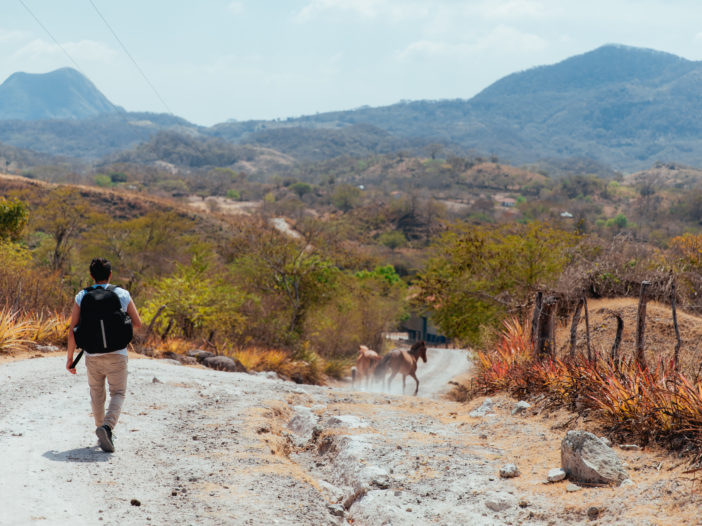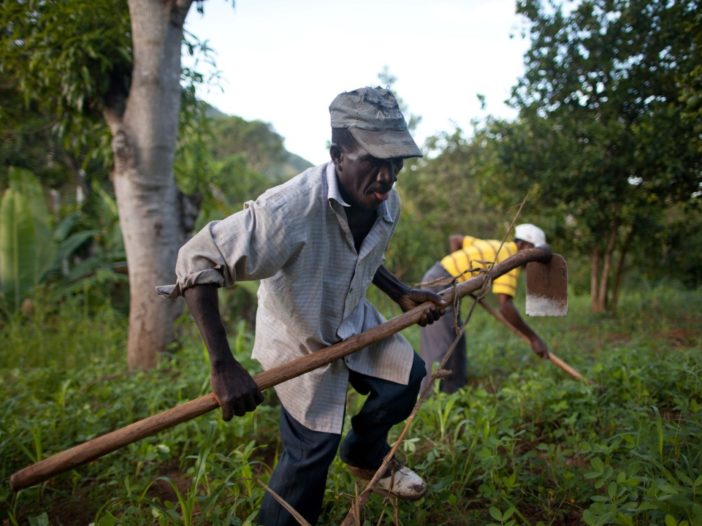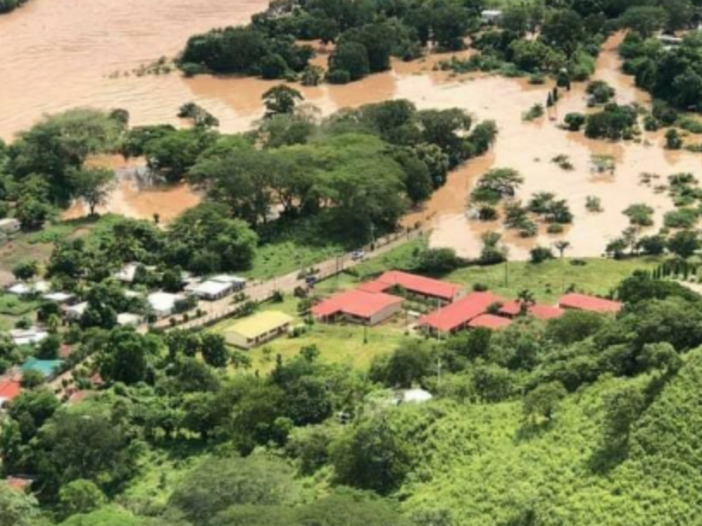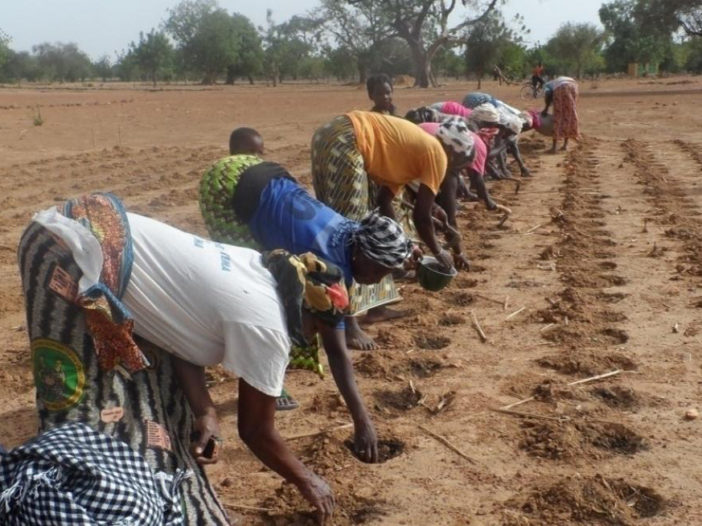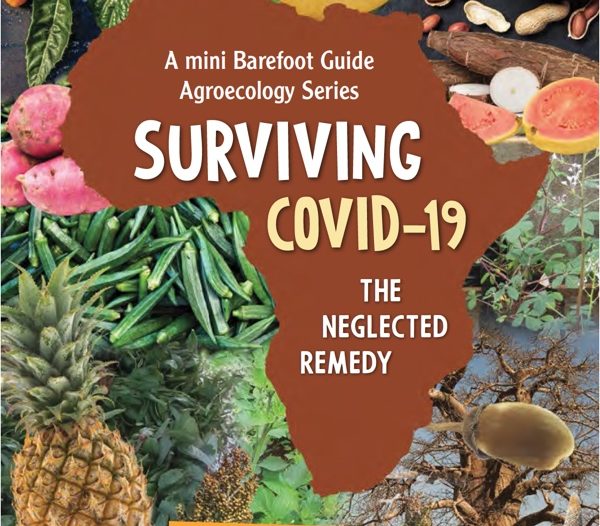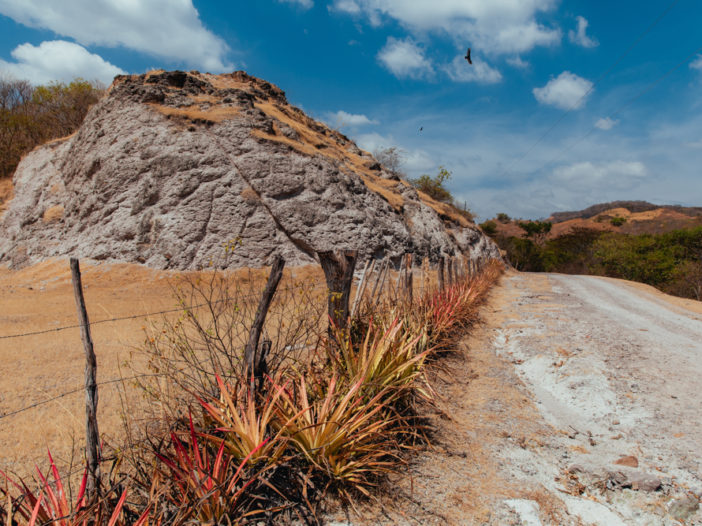“During times of universal deceit, telling the truth becomes a revolutionary act.” There has perhaps never been a time when these words, often attributed to George Orwell, resonate more than they do today. Groundswell International does not advocate for revolution in the traditional sense, but we do support radical transparency and accountability to donors, partners, and the people we serve, and if that is a revolutionary act, so be it. Groundswell’s founders created a bottom-up, … [Read more...] about A Revolution of Accountability and Transparency
Guiding Principles in Challenging Times
The original article appeared first from Groundswell International's Executive Director, Steve Brescia, on LinkedIn. This has been an exhausting and disorienting year. In the United States, we face deep divisions, even while we are challenged to join forces to confront huge crises. Currents of hope, fear, determination and anxiety run deep. Where do we find inspiration in these rough seas to steer towards real solutions? We at Groundswell draw on what we have learned … [Read more...] about Guiding Principles in Challenging Times
Hurricane Eta is a Bleak Reminder of a Climate in Crisis and Why Agroecology is a Solution
Groundswell’s Regional Coordinator for Latin America and the Caribbean, Edwin Escoto, shared the below statement regarding the devastation of Hurricane Eta in Central America. For non-Spanish speakers, we have provided an edited English translation following the statement from Edwin. For anyone looking to help provide long-term food security to the region, you can donate here. Huracán Eta: La venganza de la tierra Por: Edwin Escoto Durante miles de años la Humanidad ha … [Read more...] about Hurricane Eta is a Bleak Reminder of a Climate in Crisis and Why Agroecology is a Solution
COVID-19 Recovery Is a Chance to Make the Africa Food and Farming System More Resilient
By: Peter Gubbels, Nathanial Matthews, and Deon Nel This article was originally published on October 23, 2020 on AgriLinks. The pandemic has acted as a giant magnifying lens. It has shed light on inequality, the vulnerability of people’s livelihoods, and the fragilities of a hyperconnected global economic system. Optimists say the pandemic is focusing policy minds on the need for more decisive, collective action on many resilience issues, including food and agriculture. As governments … [Read more...] about COVID-19 Recovery Is a Chance to Make the Africa Food and Farming System More Resilient
The Barefoot Guide to Surviving COVID-19
The Barefoot Guide to Surviving COVID-19 addresses how people across Africa can weather the COVID-19 pandemic, and, in the process it debunks many of the misconceptions that exist in the food industry, provides real, sustainable solutions to the challenges families face in their pursuit for access to healthy food, and explains how families can start their own gardens. The Natural Food Barefoot Guide Writer’s Collective, which includes Groundswell International’s Peter Gubbels, wrote the … [Read more...] about The Barefoot Guide to Surviving COVID-19
Agroecology: A Ground-Up Solution Empowering Marginalized Communities to Address Climate Change and Forced Migration
Environmental consequences disproportionately impact the poor and marginalized because they are excluded from decision-making processes that affect the places where they live. This has been true for generations, but today the stakes are greater than ever as environmental challenges, such as climate change, generate uneven environmental consequences on a global scale. People living in low-lying places, especially island nations that are just a few feet above sea level, are obviously … [Read more...] about Agroecology: A Ground-Up Solution Empowering Marginalized Communities to Address Climate Change and Forced Migration

